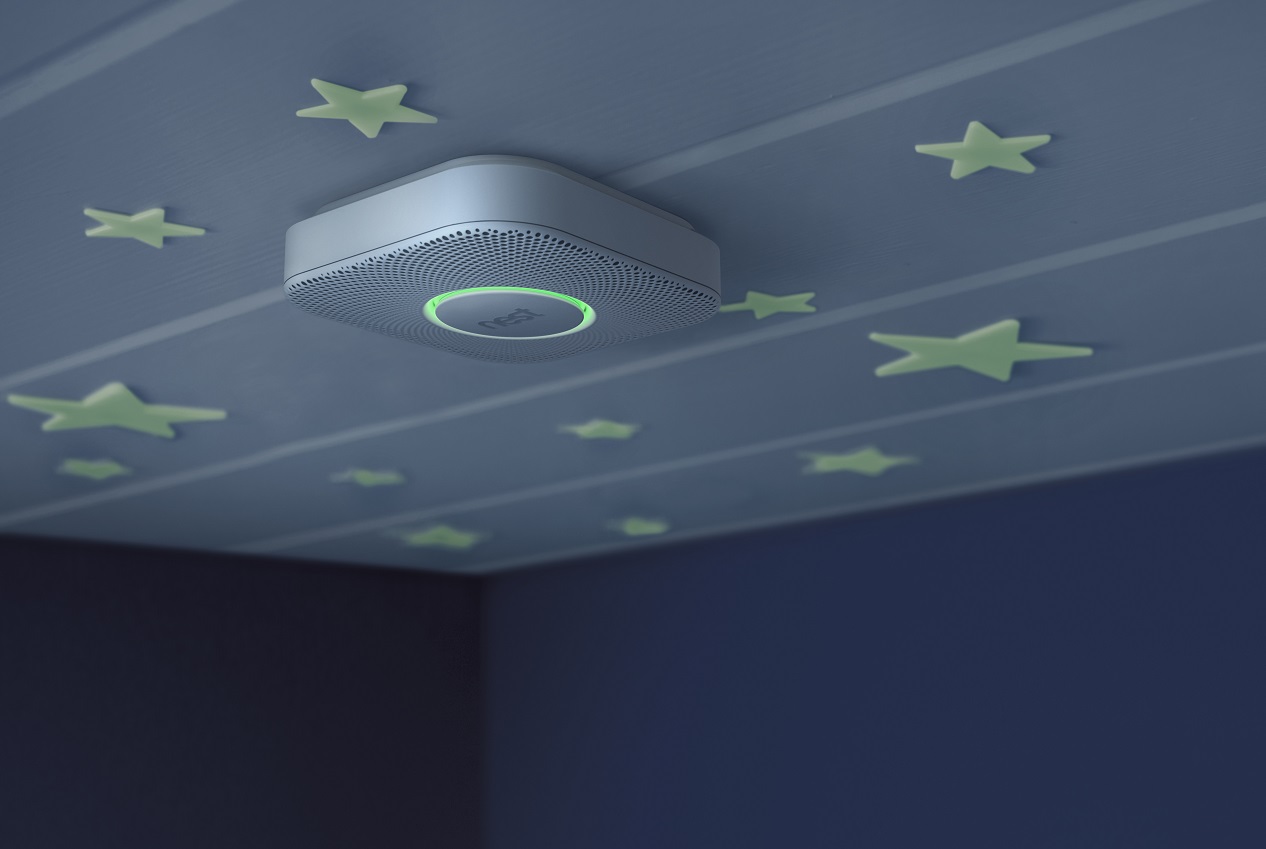Google Paying $3.2B to Take Home Nest
Google made a giant bet on the so-called Internet of things Monday by announcing that it plans to pay $3.2 billion in cash for smart thermostat and smoke alarm maker Nest Labs–a move that may be as much a talent grab as an effort to position itself as a leader in the market for Internet-connected gadgets.

Given the price tag, Google clearly sees enormous value in the company: this is the company’s second-largest acquisition thus far, after the $12.5 billion it paid for phone maker Motorola Mobility in 2011. Nest launched in 2011 and quickly rose to prominence as a leader in the growing market for Internet-connected consumer devices with its first product, the Nest Learning Thermostat, which lets users control their home’s temperature via smartphone and gradually figures out appropriate temperature settings for different times.
And while Nest’s popularity and smarts will help Google strengthen its existing portfolio of connected devices–which includes products like Google Glass and Chromecast–the purchase is also a clever way to get some proven product-development talent on board for the future. Nest’s founders worked previously on Apple’s iPhone hardware and software. And since both Google and Apple are widely believed to be working on their own smart watches, the addition of Nest’s leaders will most likely help Google’s effort.
We’ve written extensively about Nest and its efforts to reinvent the thermostat, including an inside look at the startup when we awarded it a place on our 50 Disruptive Companies list in 2013 (see “Nest’s Smarter Home”) and a Q&A with Nest cofounder Matt Rogers, who we named one of our 35 Innovators Under 35 in 2013.
Google hasn’t yet said what it plans to do with Nest beyond continue selling its products (there are two currently on the market, including the thermostat and the recently released Nest Protect smoke alarm and carbon monoxide detector that can be silenced with a hand wave). In a statement, Google said Nest will continue to be run by Fadell and will retain “its own distinct brand identity.” Google expects to finalize the deal in the coming months.
Keep Reading
Most Popular
Large language models can do jaw-dropping things. But nobody knows exactly why.
And that's a problem. Figuring it out is one of the biggest scientific puzzles of our time and a crucial step towards controlling more powerful future models.
The problem with plug-in hybrids? Their drivers.
Plug-in hybrids are often sold as a transition to EVs, but new data from Europe shows we’re still underestimating the emissions they produce.
Google DeepMind’s new generative model makes Super Mario–like games from scratch
Genie learns how to control games by watching hours and hours of video. It could help train next-gen robots too.
How scientists traced a mysterious covid case back to six toilets
When wastewater surveillance turns into a hunt for a single infected individual, the ethics get tricky.
Stay connected
Get the latest updates from
MIT Technology Review
Discover special offers, top stories, upcoming events, and more.